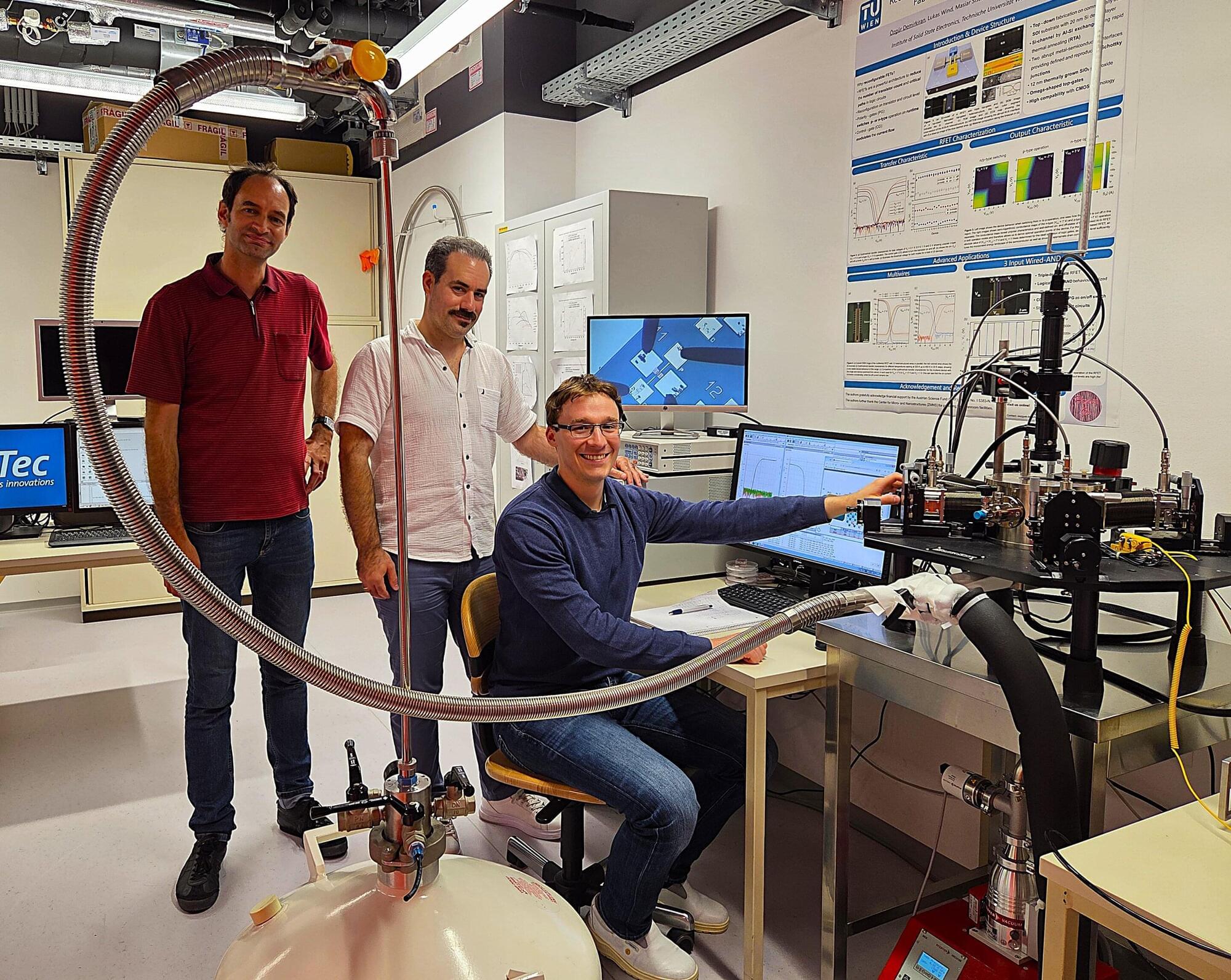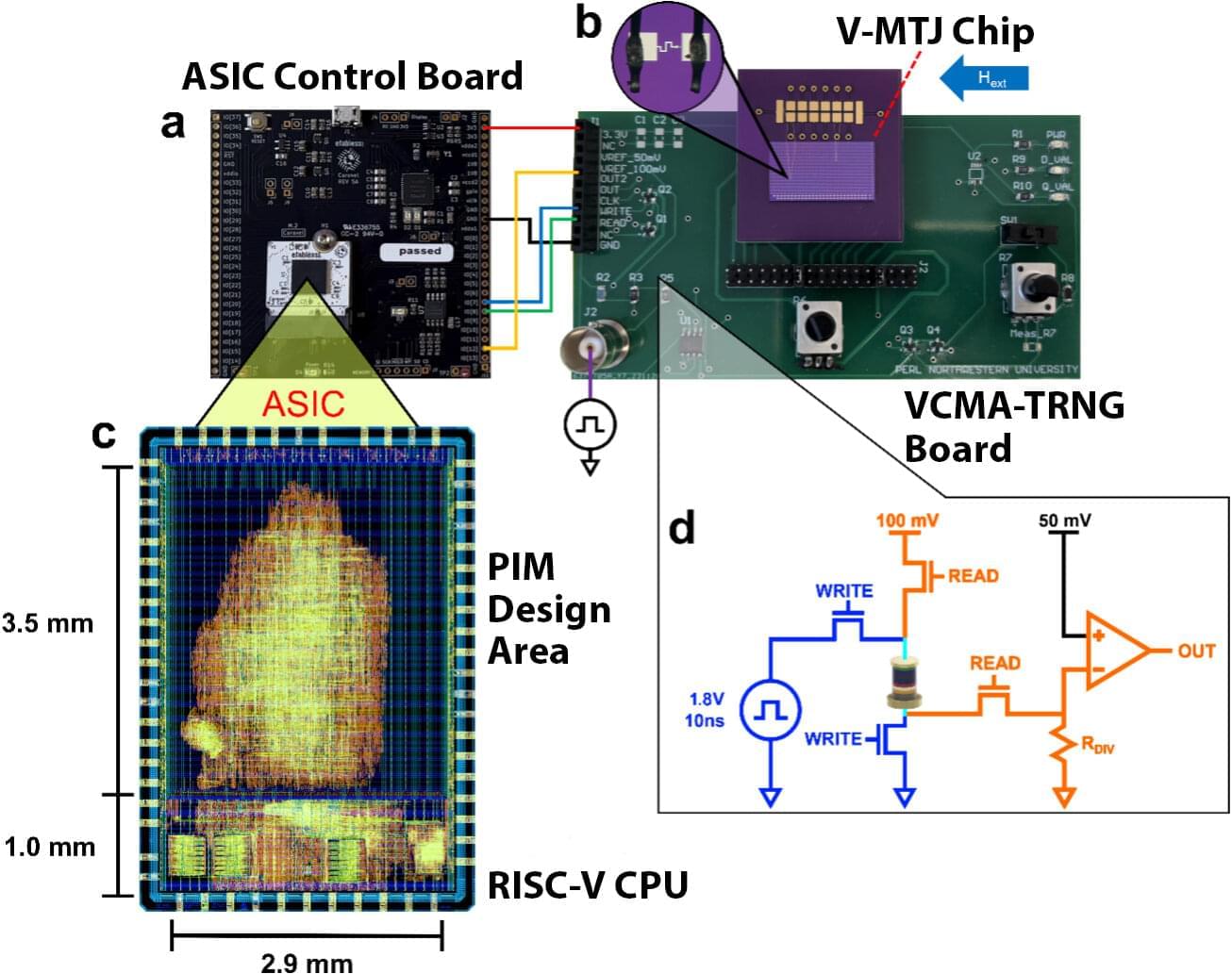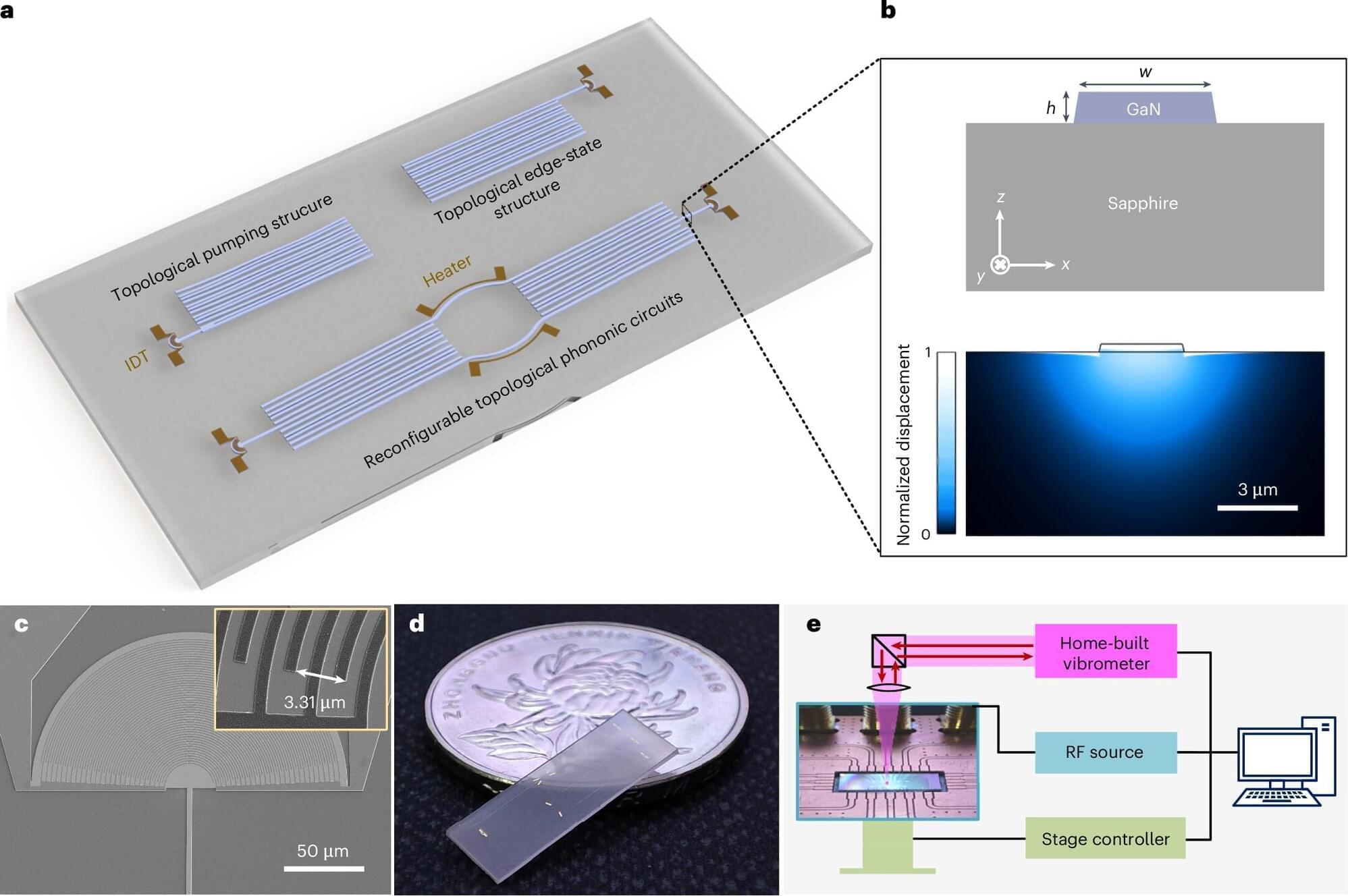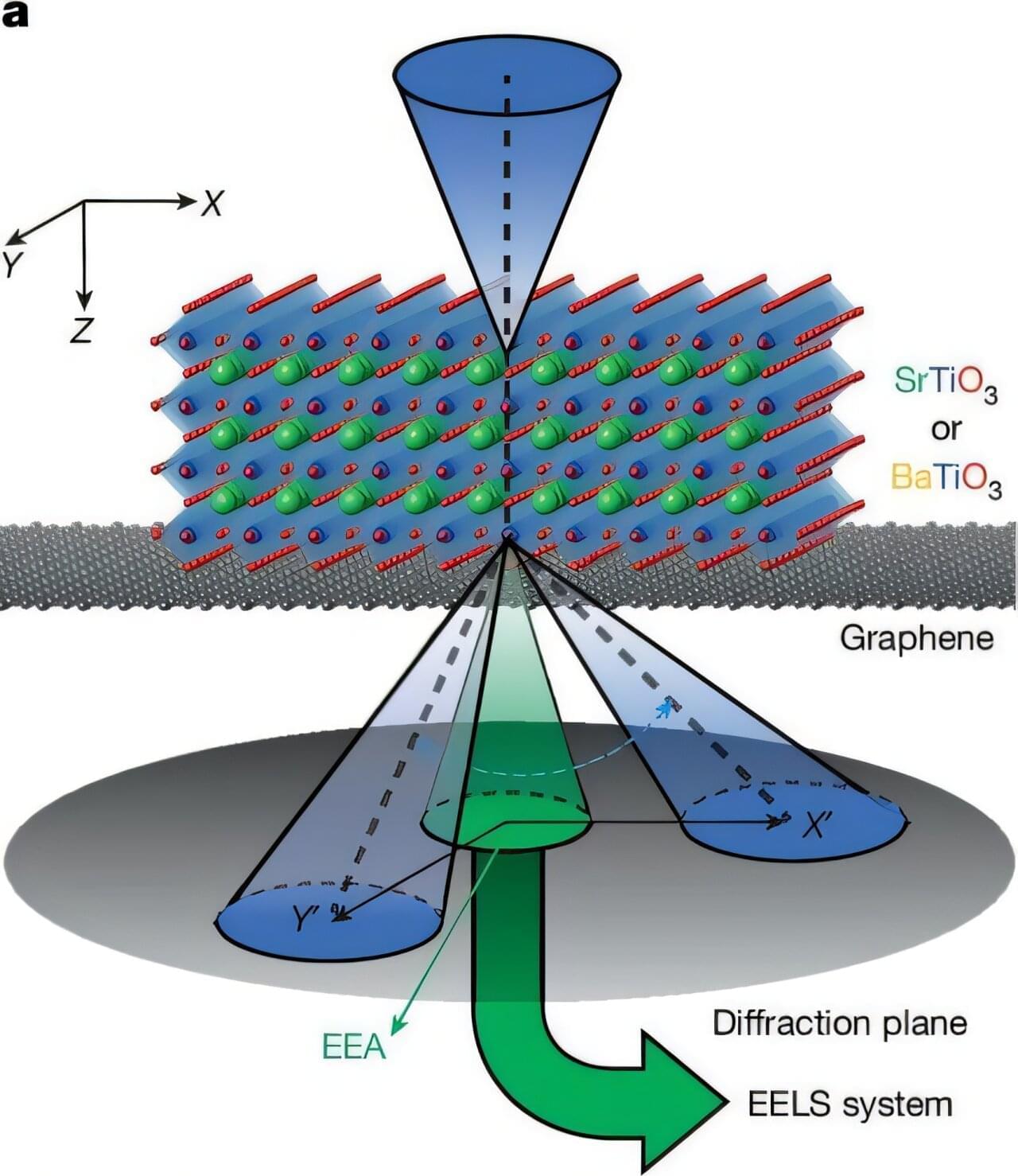The smaller electronic components become, the more complex their manufacture becomes. This has been a major problem for the chip industry for years. At TU Wien, researchers have now succeeded for the first time in manufacturing a silicon-germanium (SiGe) transistor using an alternative approach that will not only enable smaller dimensions in the future, but will also be faster, require less energy and function at extremely low temperatures, which is important for quantum chips.
The key trick lies in the oxide layer that insulates the semiconductor: it is doped and produces a long-range effect that extends into the semiconductor. The technology was developed by TU Wien (Vienna), JKU Linz and Bergakademie Freiberg. The results have now been published in the journal IEEE Electron Device Letters and selected as Editor’s Pick on the cover of the August issue.









